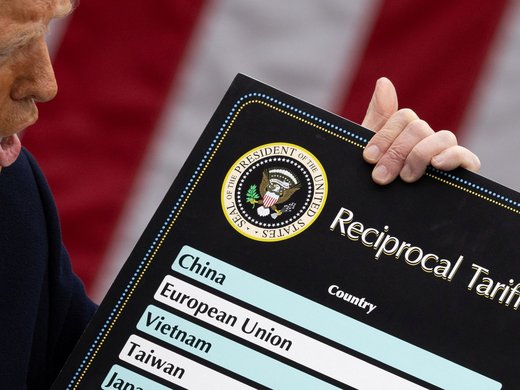Today, information is currency; it facilitates productivity, exchange, technology and trade. Information is also the building block of the digital economy. Although many countries are gaining expertise and market share, one country, the United States, dominates both the global digital economy and digital trade.
This paper will examine how governments use trade agreements and policies to address cross-border Internet issues and to limit digital protectionism. It explores the imbalance between the United States’ enthusiasm for and its major trade partners’ ambivalence toward the creation of a system of trade rules to govern cross-border information flows. It considers whether trade agreements, although they might seem logical avenues for governing cross-border information flows, are in fact the best place to address these issues.
The paper concludes with several recommendations to government officials. Specifically, policy makers should encourage interoperability and the rule of law, define and challenge barriers to digital trade and do a better job of linking trade with other equally important objectives such as advancing digital rights.


